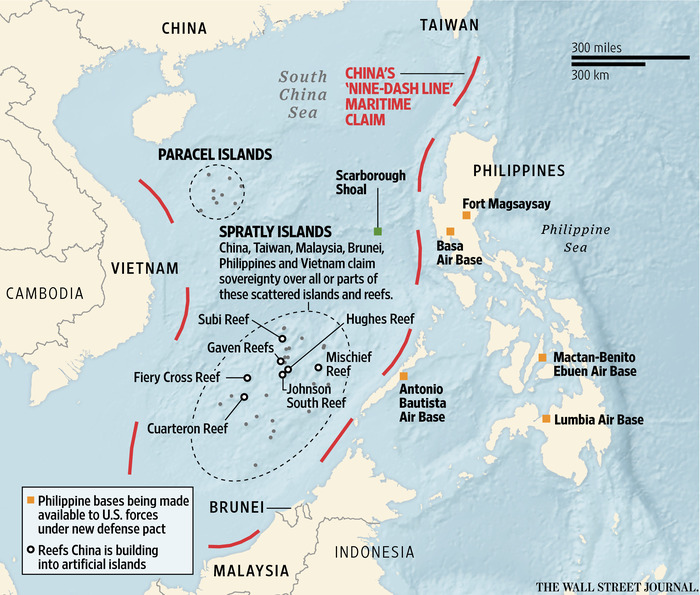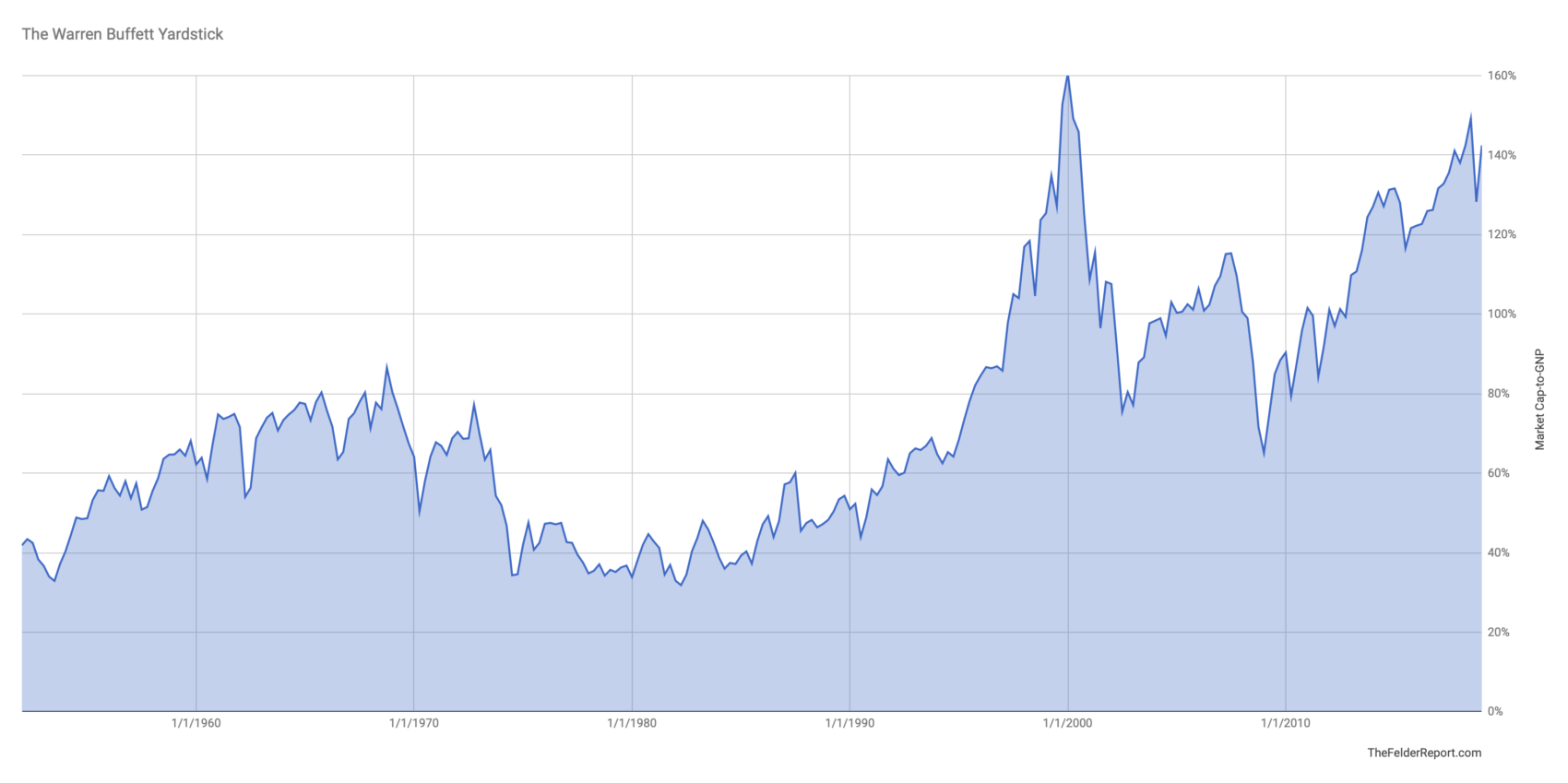South China Sea Tensions: China Pressures Philippines On Missile Deployment

Table of Contents
China's Assertiveness in the South China Sea
China's expansive claims in the South China Sea, often justified by the controversial "nine-dash line," are at the heart of the ongoing tensions. This maritime claim encompasses vast swathes of the sea, overlapping with the Exclusive Economic Zones (EEZs) of several Southeast Asian nations, including the Philippines. China's increasing military presence further exacerbates the situation. This includes:
- Increased naval patrols and exercises: Chinese naval vessels routinely conduct patrols and military exercises near islands claimed by the Philippines, often leading to confrontations.
- Construction and militarization of artificial islands: China has built and heavily militarized artificial islands in disputed areas, deploying advanced weaponry and surveillance systems, significantly altering the regional power dynamic.
- Deployment of advanced weaponry and surveillance systems: These installations enhance China's capacity for monitoring and controlling the sea lanes, potentially restricting freedom of navigation.
- Aggressive actions against Filipino fishing vessels: Filipino fishermen have frequently reported harassment and intimidation by Chinese vessels within their traditional fishing grounds. These actions directly impact the livelihoods of Filipino communities and heighten tensions. This aggressive stance underlines China's determination to assert its dominance in the South China Sea.
The Philippines' Response and US Involvement
Faced with China's assertive actions, the Philippines is actively seeking to bolster its defense capabilities. A key component of this strategy is the planned deployment of missile defense systems. This move is not merely a response to immediate threats; it represents a broader shift in the Philippines’ security posture:
- Details on the type and range of planned missile deployments: While specifics remain confidential, the deployment of longer-range missiles would significantly enhance the Philippines' ability to defend its territorial claims.
- Strengthening of military alliances with the US and other regional partners: The US-Philippines Mutual Defense Treaty plays a crucial role. Enhanced military cooperation, joint exercises, and intelligence sharing are key elements of this strategy.
- Joint military exercises and enhanced intelligence sharing: Regular joint military exercises between the Philippines and the US, and potentially other allies, improve interoperability and readiness.
- Potential for increased US military presence in the region: Increased US military presence in the region can act as a deterrent against further Chinese aggression, though this also carries the risk of escalating tensions.
Economic and Diplomatic Pressure from China
Beyond military posturing, China may resort to economic and diplomatic pressure to dissuade the Philippines from deploying its missile defense systems. This could manifest in several ways:
- Potential impact on bilateral trade and investment: China could leverage its economic ties with the Philippines, threatening restrictions on trade or investment.
- Threats to tourism revenue from Chinese visitors: China's significant tourism contribution to the Philippines' economy could be threatened as a form of leverage.
- Diplomatic isolation tactics employed by China: China may attempt to isolate the Philippines diplomatically, seeking to undermine its regional standing and partnerships.
Regional Implications and International Response
The escalating tensions in the South China Sea have significant regional implications, potentially destabilizing the entire area. Other ASEAN countries are closely watching the situation, concerned about the precedent set by China’s actions. The international community's response is crucial:
- Concerns of neighboring countries and the potential for regional instability: The conflict could spill over into other disputes, exacerbating existing tensions.
- International legal challenges to China's claims under UNCLOS: The United Nations Convention on the Law of the Sea (UNCLOS) provides a framework for resolving maritime disputes, but China's disregard for its provisions is a major concern.
- Statements and actions by international organizations like the UN: The international community needs to condemn China's aggressive actions and uphold the rule of law in the South China Sea.
Conclusion
The escalating South China Sea tensions, particularly regarding China's pressure on the Philippines' missile deployment, present a serious challenge to regional stability. China's assertive actions, coupled with the Philippines' efforts to strengthen its defenses with the support of its allies, highlight the deep complexities of this enduring territorial dispute. The international community must actively engage to de-escalate the situation, promote dialogue, and uphold international law as enshrined in UNCLOS. Ignoring these escalating South China Sea tensions would be perilous.
Call to Action: Understanding the dynamics of South China Sea tensions is crucial. Stay informed about developments in this vital region and advocate for peaceful resolutions to this complex territorial dispute and the implications of China's pressure on the Philippines’ missile deployment plans. Let's work together to foster peace and stability in this strategically critical area.

Featured Posts
-
 Jutarnji List Premijera Nove Predstave Patnja I Bol
May 20, 2025
Jutarnji List Premijera Nove Predstave Patnja I Bol
May 20, 2025 -
 Technologies Spatiales Africaines Le Marche Du Mass S Installe A Abidjan
May 20, 2025
Technologies Spatiales Africaines Le Marche Du Mass S Installe A Abidjan
May 20, 2025 -
 Biarritz Celebre Le 8 Mars Evenements Et Discussions Sur Parcours De Femmes
May 20, 2025
Biarritz Celebre Le 8 Mars Evenements Et Discussions Sur Parcours De Femmes
May 20, 2025 -
 The Cases Of Agatha Christies Poirot An Analysis Of His Investigative Methods
May 20, 2025
The Cases Of Agatha Christies Poirot An Analysis Of His Investigative Methods
May 20, 2025 -
 Pro D2 Colomiers Vs Oyonnax Et Montauban Vs Brive Le Match A Ne Pas Manquer
May 20, 2025
Pro D2 Colomiers Vs Oyonnax Et Montauban Vs Brive Le Match A Ne Pas Manquer
May 20, 2025
Latest Posts
-
 Challenges And Threats Facing The Rapidly Expanding Clean Energy Sector
May 20, 2025
Challenges And Threats Facing The Rapidly Expanding Clean Energy Sector
May 20, 2025 -
 High Stock Market Valuations A Bof A Analysts Rationale For Calm
May 20, 2025
High Stock Market Valuations A Bof A Analysts Rationale For Calm
May 20, 2025 -
 Uk Luxury Brands Face Export Challenges Post Brexit
May 20, 2025
Uk Luxury Brands Face Export Challenges Post Brexit
May 20, 2025 -
 Clean Energy A Booming Industry Under Attack
May 20, 2025
Clean Energy A Booming Industry Under Attack
May 20, 2025 -
 Manufacturing Jobs In America Assessing The Feasibility Of Trumps Vision
May 20, 2025
Manufacturing Jobs In America Assessing The Feasibility Of Trumps Vision
May 20, 2025
